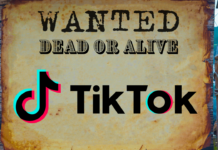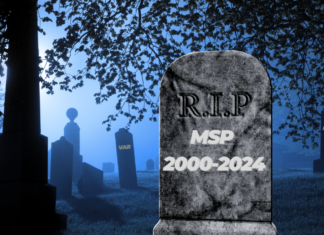Social media platform Pinterest is best known as an aspirational online scrapbook to collect photos with drool-worthy recipes, glamorous redecorating ideas, and sartorial snapshots.
But the rapidly growing bookmarking service is happy to see more users are also increasingly "pinning" hockey sticks, wood grain and booze.
Once considered primarily a female-oriented social network, Pinterest is now attracting men in greater numbers, which is helping to drive a strong growth spurt.
A good chunk of those new "pinners" are from Canada, which is Pinterest's second largest market behind the U.S.
"We've seen Canada grow at a great clip alongside or in parallel with the U.S.," says Pinterest's head of international, Matt Crystal.
"The user base in Canada is 60 per cent bigger than it was about 11 months ago and we're growing really quickly."
In an online survey of anglophone Canadians conducted for the Media Technology Monitor in the fall of 2013, about 13 per cent of the respondents said they had used Pinterest in the past month, compared to 66 per cent for Facebook, 22 per cent for LinkedIn and 19 per cent for Twitter.
About 21 per cent of the female respondents said they had used Pinterest recently, while just six per cent of men said they'd logged on lately.
But Crystal says that gap is shrinking.
"Among men growth rates are significantly higher right now than they are for women," he says.
"In our more mature markets like the U.S. and in Canada we're starting to see more and more men come to the realization that Pinterest is for them as well. Whether you're interested in cars or sports or woodworking or grilling — whatever these stereotypically male activities are — there's a huge array of content on Pinterest for you."
The NHL has had great success building a Pinterest audience with almost 1.2 million followers, compared to about 37,000 for Major League Baseball's official account, 20,000 for the NFL and 11,000 for the NBA.
Despite the growth in male Pinterest users, women still make up the bulk of the NHL's followers, says David Weiner, the league's director of social media.
He estimates the ratio of female-to-male users following the league's Pinterest page is about six-to-one.
"We're not looking at that platform and trying to cater to women, put stuff up there that's really either condescending or just targeting them. We're really looking at putting across all (social media) platforms content that's relevant, that's compelling, that's shareable," says Weiner.
"The way that people use Pinterest is really different than how they use other platforms. It's not a place necessarily where people go to like, share and comment, it's a place where people go to draw inspiration from, to share memories, and to either find ideas or share ideas."
Updating Pinterest isn't as high a priority for the NHL compared to some of the other social networks it uses — Weiner said Facebook, Twitter, Instagram and Snapchat get the most focus — but it does have one major advantage.
Pinterest is seen as one of the best social networks for spurring online sales and the NHL chose it to host a recent promotion for the league's official web store.
While the NHL wouldn't say Pinterest was directly responsible, the league set a new single-day record for online sales on Cyber Monday.
"Our shop sales were up 37 per cent on Cyber Monday year over year while the industry was only 15 per cent," said John Pacino, vice-president of product development and social media.
In the U.S., Pinterest is looking to exploit the sales potential of its platform by experimenting with Promoted Pins, which allow companies to pay for placement in users' search results.
"We're getting great feedback both from partners and pinners and it is a program that we will roll out internationally, but as of now we don't have a firm date for that," says Crystal.
"The unique promise of Pinterest, which I think does differentiate us from other platforms, is that there's often times a commercial intent built into the very reason for which people are using the platform.
"Our vision is that these ads that the user will see will actually make their experience better and not worse. Probably every ad platform in the history of ad platforms has made that claim, but I think Pinterest has an opportunity to realize it."
The Canadian Press












